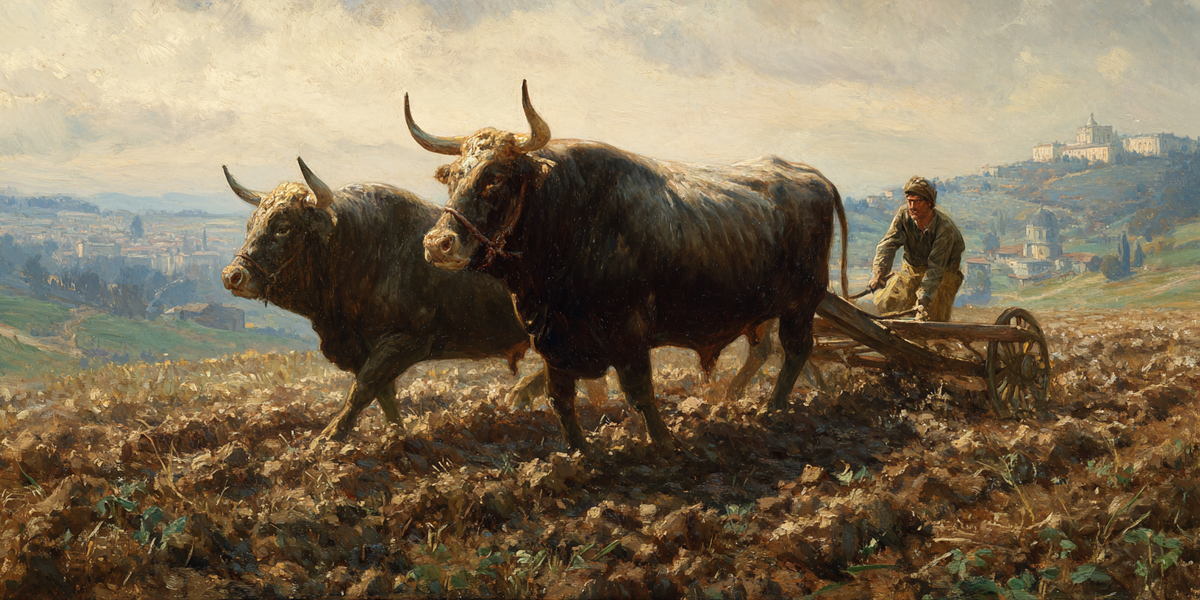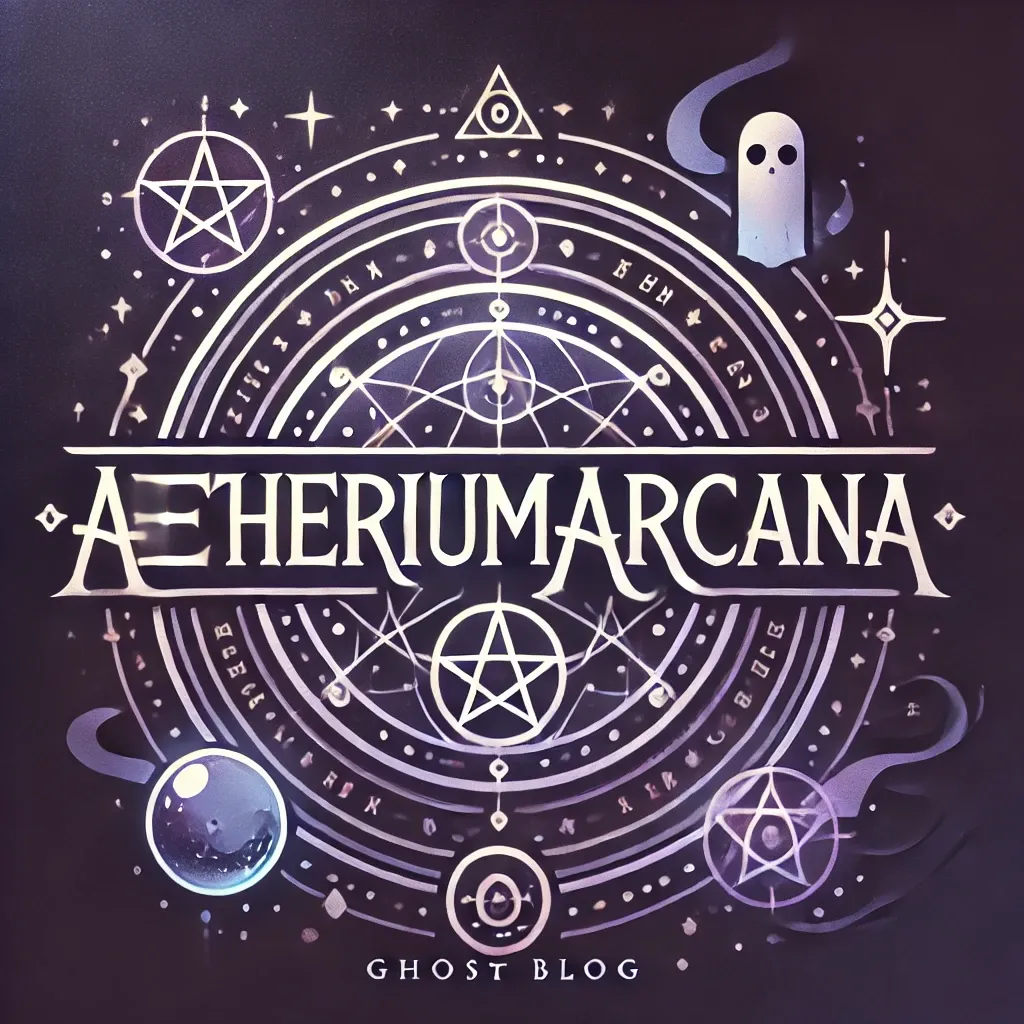The psalmist turns to the most hidden and inaccessible place of all: the maternal womb. Here, the language shifts from spatial omnipresence to ontological origination. God does not merely observe life; He fashions it.
Subscribe to continue →Created and Claimed ~ The omnipotence of the Omniscient...

